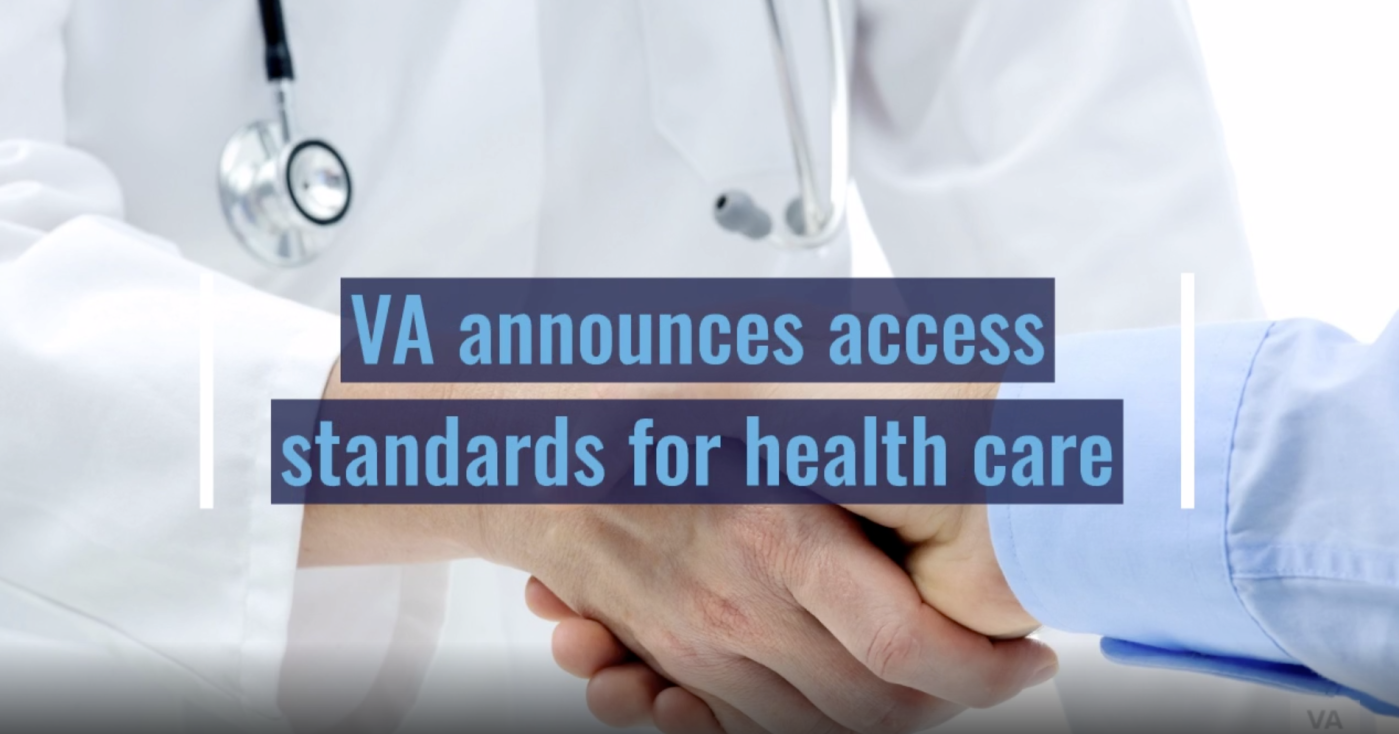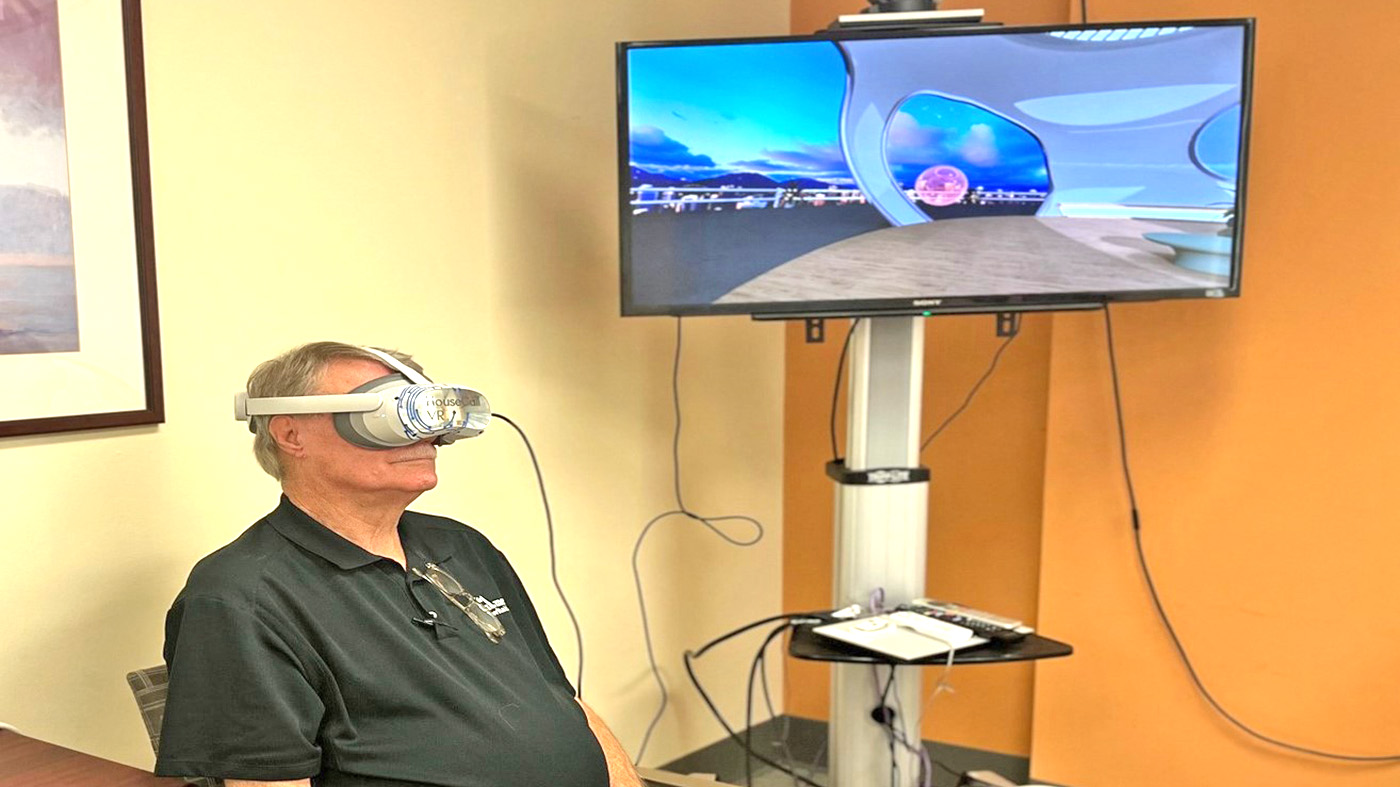The U.S. Department of Veterans Affairs (VA) announced the publication of a proposed regulation in the Federal Register for the new Veterans community care program, including access standards.
The proposed regulation would establish new rules for the Veterans community care program required by section 101 of the
VA Maintaining Internal Systems and Strengthening Integrated Outside Networks (MISSION Act) of 2018.
Last month, VA Secretary Robert Wilkie announced its proposed access standards for community care and urgent care provisions that will take effect in June and guide when Veterans can seek care to meet their needs under the MISSION Act – be it with VA or with community providers.
Under the MISSION Act, signed by President Trump in June 2018, there are six different eligibility criteria for community care:
- Services unavailable
- Residence in a State without a full-service VA medical facility
- 40-mile legacy/grandfathered from the Choice program
- Access standards
- Best medical interest
- Needing care from a VA medical service line that VA determines is not providing care that complies with VA’s standards for quality
ACCESS STANDARDS
VA is proposing new access standards, effective when the final regulations publish (expected in June 2019), to ensure Veterans have greater choice in receiving care.
Eligibility criteria and final standards as follows were based on VA’s analysis of all of the best practices both in government and in the private sector and tailored to the needs of our Veteran patients:
- Access standards will be based on average drive time and appointment wait times.
- For primary care, mental health, and non-institutional extended care services, VA is proposing a 30-minute average drive time standard.
- For specialty care, VA is proposing a 60-minute average drive time standard.
- VA is proposing appointment wait-time standards of 20 days for primary care, mental health care, and non-institutional extended care services, and 28 days for specialty care from the date of request with certain exceptions.
Eligible Veterans who cannot access care within those standards would be able to choose between eligible community providers and care at a VA medical facility.
VA Secretary Robert Wilkie said, “Our medical services must meet our Veterans’ needs and reinforce the trust that forms the basis for every interaction with VA. Our new access standards are a vital part of this effort.
“Most Americans can already choose the health care providers that they trust, and President Trump promised that Veterans would be able to do the same. With VA’s new access standards, the future of the VA health care system will lie in the hands of Veterans – exactly where it should be.”
Secretary Wilkie’s full statement from Jan. 28 is available here.
The proposed regulation (RIN 2900-AQ46) is currently available online at https://federalregister.gov/d/2019-03030.
The proposed regulation is published in the Federal Register, and VA encourages the public to provide input on the proposed regulation by March 25, 2019, during the public comment period. For instructions on how to submit a comment, visit the Federal Register website at www.regulations.gov and search for RIN 2900-AQ46.
Video created by graphic design intern Emma Catlett
Topics in this story
More Stories
Jimmy Villanueva is quick to flash a smile after his VA dental clinic helped him improve his oral health.
Gulf Coast VA hosted an innovator who is developing a virtual reality software designed to provide interactive diabetic patient education.
Army Veteran Larry Scales had his first heart attack in 1999. After his third heart attack he sought help at the Michael E. DeBakey VA.






On the contrary, this is exactly what the VA needs to be. The current system is far too bureaucratic and cumbersome. There is way too must emphasis on making the VA happy and not enough on taking care of the veterans. Increased use of community care facilities will provide competition for the VA and will result in better service and quality of care. I have plenty of ideas to improve the service and care the VA provides, but listing all that here is not practical. I am willing to bet that the new rules coming out had little to no input from Veterans who are in the system and have intimate practical experience with using it..
This program will in the long term effectively end the existence of the VA healthcare system as we know it. With this program, the “VA” will become a health insurance organization like Medicare or Medicaid. VA facilitates will become irrelevant and close. I don’t think that this strategic move is good for Veterans. There needs to be more ideas/options than by becoming another arm of Medicare or Medicaid for Vets.